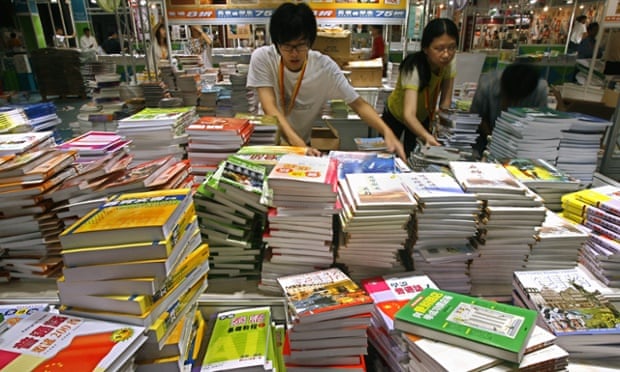The mainland’s economic control of bookshops and media outlets in the territory has resulted in soft censorship and restrictions on what people are able to read

The shop assistant is abrupt when the question comes.
“We are not going to sell that one. Sorry,” he says, when asked for a copy of one of Hong Kong’s most eagerly searched-for books.
And how about Zhao Ziyang’s bestselling Prisoner of the State – an explosive account of what happened behind the scenes during the pro-democracy protest of 1989 in Beijing?
“It might come back,” he says vaguely.
On the surface, there seems to be no censorship in Hong Kong. Unlike the mainland, the web is free, a wide range of newspapers is available, TV news covers demonstrations and protests, and nobody needs to apply for permission to print books.
More
“We are not going to sell that one. Sorry,” he says, when asked for a copy of one of Hong Kong’s most eagerly searched-for books.
And how about Zhao Ziyang’s bestselling Prisoner of the State – an explosive account of what happened behind the scenes during the pro-democracy protest of 1989 in Beijing?
“It might come back,” he says vaguely.
On the surface, there seems to be no censorship in Hong Kong. Unlike the mainland, the web is free, a wide range of newspapers is available, TV news covers demonstrations and protests, and nobody needs to apply for permission to print books.
More
No comments:
Post a Comment